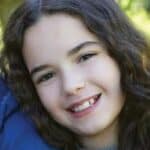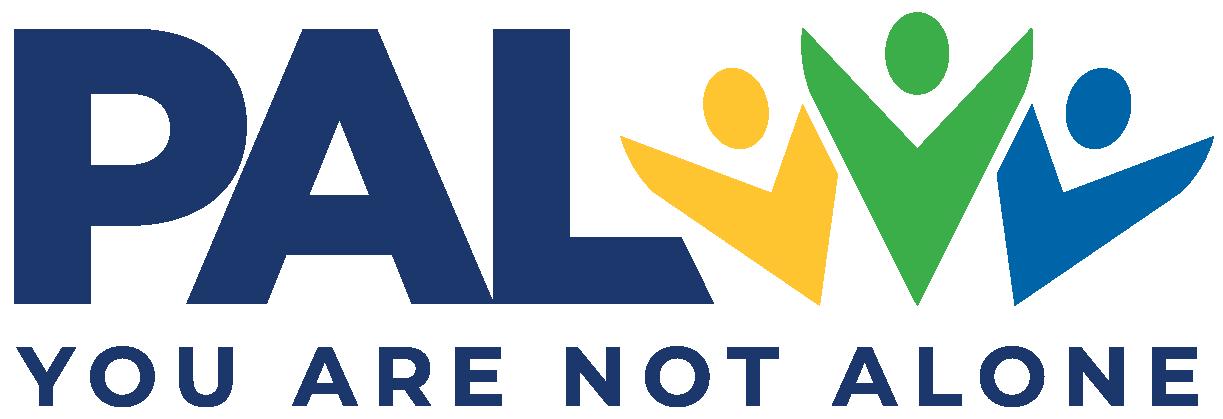
Experience SUD Through Their Eyes: Three Sisters’ Perspectives continued…
Emily’s Story
My name is Emily. I was a newborn when I was adopted by my aunt’s family. Born dependent on heroin. I never thought of my cousins as my actual cousins; they were truly, and wholly my sisters. Same with my aunt and uncle. I learned what happened to my mother as I grew older; the tragic nature of the situation isn’t lost on me, but I’ve always been incredibly grateful for my family and what they did for me. So small and fragile that I couldn’t help or speak for myself. I’ve never touched drugs in my life because of this.
I vaguely remember my sister, Natalie being hit by a car, and the ensuing exposure and addiction she experienced. It was like she was obsessed overnight. I was six. Two years after my birth mother passed away and my sister was going down the same path. I can recall my parents fighting, arguing over what was happening with my sister. , the discord and pain sparked by the flame of addiction and the effect it had on us all. I was so young but still, it made an impression on me, despite my little brain and heart not fully understanding or grasping the reality of the situation. As no child should have to.
I just wanted everyone to be happy and get along. I’d feel the pang of fear within me, for my parents as they attempted to navigate such a complex dysfunctional issue.
Growing older I remember wanting to comfort Natalie, like a child who just wants to fix everything. Offering her money. Trying to talk with her, ask her why. Why phones were being thrown in the house. Why people were yelling. Why my dad was chasing her down the street? The madness was all-encompassing and wrapped us up in a cloud of dreadful anticipation – always waiting for the other shoe to drop.
Despite myself being 12 years younger, as I grew into a teenager, Natalie would come to me for emotional support. I shouldn’t have been emotionally responsible for my sister, who was an adult at this point.
There was a lot of enabling. My dad was, and is, very emotional. He was always just trying to help. My mom grew up with an alcoholic father and was not so easily manipulated. It was around the time I was in middle school that I started to think that Natalie was going to die and that there was nothing we could do. We had been to therapy groups. It felt hopeless. Chaos was the dark undercurrent of our familial relationships. It festered, grew like a wildfire, unable to be contained. I just wanted her to be ok. I wanted us all to be ok.
Sometime later my parents got involved with PAL. I even attended a meeting once. My parents felt like they had finally met others who understood. Who helped them accept the situation for what it was. They learned from it. I learned from it. That addiction is a disease. That Natalie wasn’t a bad person or that her choices weren’t an absolute result of some moral or personal failing.
I saw changes in everyone. My parents began to respond more appropriately to my sister. They were loving but stern. They were empowered with knowledge and community support – they learned to pause when agitated and discouraged and respond in a more measured, helpful, and truly supportive way.
Natalie grew as well. Even throughout a course of subsequent relapses, I’d always notice something change in her each time she came back. Three years ago, I noticed the most significant growth. Something internally was different about her. Despite immense trauma and internal struggle, she fundamentally began to address her issues with a fevered dedication we hadn’t seen before. She put in the work to make amends to us.
Throughout all of this, I’ve learned that people can truly change. The past doesn’t have to color everything, we are in the present – our actions not carved into the stone of our souls; doomed forever to be repeated. And the future remains unwritten. None of us knew this was where we’d be. We’d even begun to assume, and expect, the worse – that she’d go the same way as my mom; lost to sickness, disease, our only hope then that she’d at least have peace that seemingly escaped her in every instance of life.
But that’s not where we ended up. I was inspired through all of this to pursue education in social work and counseling. I wanted to learn and understand fully why these things happen; why people behave the way they do, and what can be done to heal them, to help them heal themselves. I may end up with a specialty in addiction, I also enjoy working with teenagers in the foster system. I hope to impart wisdom from my singular life experience to them, to give hope. That miraculous change and radical transformation are possible for anyone.
Continue to Natalie and Jennifer’s story below:


